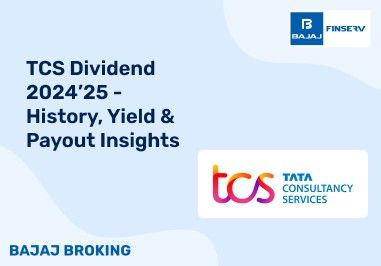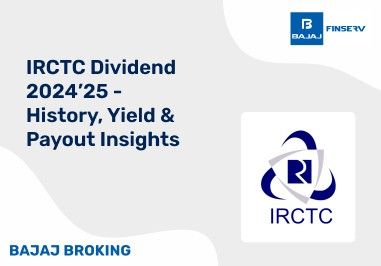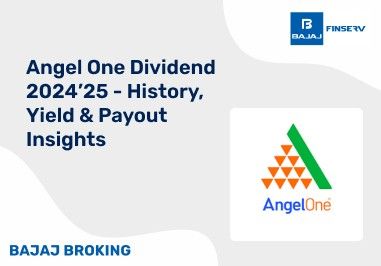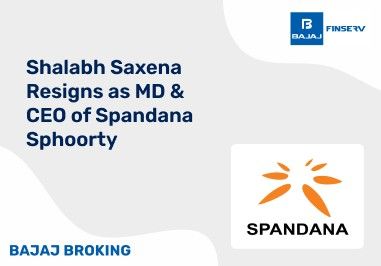People often complain that there are only a few investment options that can provide them with a fixed-interest income. This was mostly true till recently.
However recently, the Securities and Exchange Board of India (SEBI) has announced an important change, which can provide retail investors with another fixed-income investment option.
SEBI has reduced the face value of bonds from Rs. 1 lakh to Rs. 10,000. At Rs. 1 lakh face value, bonds were out of the reach of most retail investors. However, at Rs. 10,000 face value, many retail investors can consider investing in corporate bonds.
Corporate bonds offer fixed interest, a possibility of capital gains, and a scope for portfolio diversification. However, they are also subject to interest rate and default risk. This blog explains what corporate bonds are, the advantages and disadvantages of corporate bonds, and everything else you want to know about them.
Introduction to Corporate Bonds
Just as an individual may have to borrow money, even companies borrow money. Often companies borrow money through corporate bonds. When an individual invests in a company’s bond, he lends his money to that company.
In return, that company has to pay him periodic interest and the principal amount upon the maturity of the corporate bond. When a company raises money through bonds, it is under a legal obligation to pay interest to bondholders.
Even if a company is making losses, it has to pay interest to its bondholders. This is different from shares. In the case of common shares, a company is not under any obligation to pay dividends to its shareholders.
A company can issue bonds for the public through an exchange. In this case, retail investors can invest in bonds. However, a company can also opt for private placements, wherein only qualified institutional buyers can invest in its bonds, while retail investors are not able to do so.
Having understood what corporate bonds are, let us take a deeper dive into this topic.
Advantages of Corporate Bonds Traded on Public Exchanges
For a retail investor, it is important to understand the advantages of investing in corporate bonds that are being traded on public exchanges. Find below a list of such advantages:
Portfolio diversification: If you have decided to park your funds in fixed-rate instruments, then corporate bonds offer a good option. When it comes to fixed-rate investments, most people prefer to have a fixed deposit (FD) with a bank. Some corporate bonds can offer a better return than a bank FD. However, investors should check the credit rating of a bond before investing. If a bond has a low credit rating, it means that the issuing company may default on paying the interest and principal amounts.
Corporate bonds are more accessible to retail investors now: SEBI has recently reduced the face value of debt securities to Rs. 10,000 from Rs. 1 lakh earlier. Till recently, retail investors had to shell out a minimum of Rs. 1 lakh to invest in one corporate bond. Consequently, only a few retail investors could participate in this market. However now that the face value has been reduced to Rs. 10,000, a lot more retail investors can invest in this market.
Liquidity in the secondary market: The secondary market allows investors to buy and sell corporate bonds easily. As a result, investors can sell corporate bonds even before they mature. This offers them liquidity. If they think that their bond’s price has sufficiently increased, they can sell that bond to earn capital gains.
Risks and Challenges Faced while Investing in Corporate Bonds
While corporate bonds can be a great option for investments, investors should be aware of the risks associated with such bonds. Find below the main risks in this regard:
Default risk: When a company is not able to pay the interest and principal amount of a bond, it ends up defaulting on it. Hence, such investments come with a default risk. To avoid it, investors should consider the credit rating of a bond before investing in it. Bonds with credit ratings, like AAA or AA, have a very low probability of default risk.
Interest rate risk: Then, we have interest rate risk. Suppose you invested in a corporate bond last year with Rs. 10,000 face value and 5% per annum (p.a.) interest. However, this year, the yields have increased. Consequently, there are bonds of exactly the same credit rating and with the same face value but are providing 6% p.a. interest. As your bond provides a lesser interest, its market price will be lower than its face value. This probability of a decline in market value due to an interest rate increase is called interest rate risk.
Comparison with Other Investment Options
To have a diversified portfolio, an investor must compare corporate bonds with other investment options. The following points elaborate on this comparison:
Shares vs. Corporate bonds: A shareholder is an owner of a company to the extent he holds shares in it. However, a bondholder is a lender of a company. A shareholder predominantly makes money when a stock price increases. He can even earn dividends; however, companies are not obligated to pay dividends. A bondholder predominantly makes money through interest income. He can sell his bonds at a premium if their market price is higher than the face value.
Mutual funds vs. Corporate bonds: When you invest in a unit of a mutual fund (MF), you end up investing in multiple assets because an MF invests in more than one asset. However, when you invest in a corporate bond, you invest only in that bond.
Key Factors to Consider Before Investing in Corporate Bonds
Are you thinking of investing in corporate bonds? Here are the factors you should consider:
Credit rating of a bond: Credit rating tells you the creditworthiness of the issuer of a bond. If it is too low, then it is possible that the issuer will default. Typically, bonds with low credit ratings offer a high interest rate. How else can they attract investors? Such bonds should be avoided if you are risk averse.
Coupon rate and maturity: Coupon rate means the interest rate offered by a bond. And, maturity means when the issuer will pay back your principal. While investing in a corporate bond, you should compare how much interest it is paying with the coupon rate of bonds with similar credit ratings and maturity. This will tell you whether the issuer is paying you a fair interest. Typically, the longer the maturity of a bond, the higher the coupon rate.
Liquidity in the market: Suppose you have invested in a bond, but there are no buyers for it. How will you sell it, then? Therefore, you should check the liquidity for that bond. If it is a new issue, you should check the liquidity of other bonds of the same company.
Conclusion
If you are thinking of opening a demat account, corporate bonds can be a great addition to your portfolio. When done correctly, investments in corporate bonds can be rewarding. To be on the safer side, you should make investments in bonds with a high credit rating. You should also track the interest rate and market prices of your bonds because there can be a possibility of selling them at a high price in the secondary market. Overall, you should understand the advantages and disadvantages of investing in corporate bonds because they are an important asset class.
Disclaimer: Investments in the securities market are subject to market risk, read all related documents carefully before investing.
This content is for educational purposes only. Securities quoted are exemplary and not recommendatory.
For All Disclaimers Click Here: https://bit.ly/3Tcsfuc













